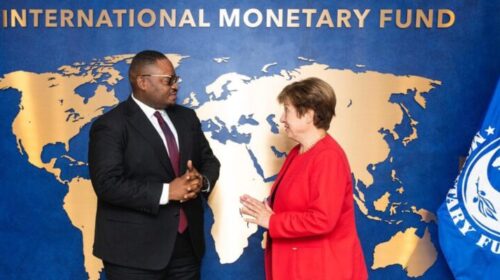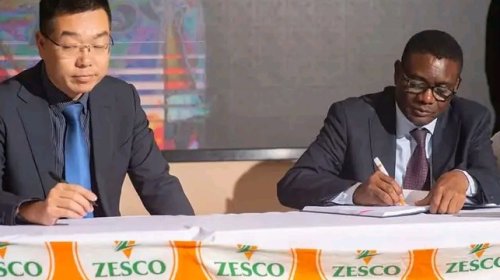Zambia’s Direct Copper Trading Strategy to Reshape Economy
In a strategic move set to transform Zambia’s copper industry, the nation plans to directly purchase and sell a portion of its copper production, challenging industry giants like Mercuria Energy and Glencore.
Jito Kayumba, senior economic adviser to President Hakainde Hichilema, emphasized the aim of ensuring fairness and commercial viability for mining companies in this new approach.
Zambia aligns itself with neighboring countries such as Botswana and the Democratic Republic of Congo, seeking to maximize economic benefits from mineral resources by gaining direct access to commodities for sale.
Despite holding shareholdings in some mines, Zambia has long contended that state revenues from these ventures are insufficient.
With companies like First Quantum Minerals and Barrick Gold operating mines in Zambia, the nation stands as Africa’s second-largest copper producer.
Kayumba outlined plans to kickstart this initiative with an initial investment of approximately $100 million, with legislation expected to be drafted within the next three to six months. The government may consider receiving physical metals instead of royalties from certain mines, aiming to optimize returns.
Acknowledging the need for disruption, Kayumba highlighted existing financial complexities such as transfer pricing, which have hindered Zambia’s ability to realize substantial dividends from the mining sector.
The government intends to recruit expertise to facilitate copper trading, leveraging its direct access to resources to compete effectively in the global market.
This strategic shift promises transparency into financial transactions and reveals the extent of profits derived from copper exports, including those channeled abroad to countries like Switzerland, where major commodity traders like Glencore are headquartered.
This endeavor is crucial for Zambia, as Switzerland alone accounts for about 46% of Zambian export earnings. Through direct trading, Zambia aims to retain more profits domestically and strengthen its position in the global copper market, marking a significant step towards economic empowerment and sustainable development.
![]()





